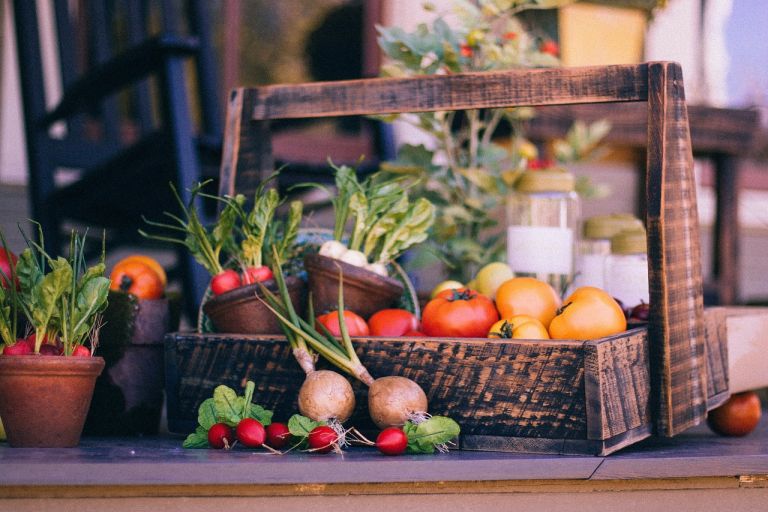
Jacqueline Sauzier's views on the Importance of Food Sovereignty
Food security is crucial, but food sovereignty deserves more attention. We can locally produce what we consume. The Covid-19 pandemic and the war in Ukraine exposed our vulnerability due to our reliance on imports. In Q1 2024, food imports exceeded Rs 12 billion. We must identify which products can be locally produced and establish an efficient substitution mechanism
Actions for Local Production
An agricultural strategic plan involving all stakeholders is essential. This plan should encourage production, facilitate access to processing and storage technologies, and supervise producers. We need to know who produces what and where they produce and establish a market information system for planning. Seasonality affects much of our production, making importation a necessary evil unless we invest in storage and processing.
Changing Eating Habits
Another action to reduce import dependence is changing our eating habits. Committing to consuming only local and seasonal products can improve our production and reduce our import bill. For instance, if we agree to consume sweet potatoes, cassava, or taro instead of potatoes in the off-season, we can avoid importing some 10,000 tonnes of potatoes. The same applies to fruits: we should eat local and seasonal fruits instead of imported ones.
Adopting Modern Farming Methods
The Mauritius Chamber of Agriculture launched the Smart Agriculture project in 2015. This project promotes agroecological practices and reduces chemical inputs and pesticides. A pilot project with 13 beneficiaries proved that transitioning to healthy agriculture is possible. The Chamber also offers training courses for those interested in agriculture.
Improving Storage and Distribution
To reduce losses in the agricultural production circuit, we must improve cultural practices, implement production planning, install storage and processing units across the island, and establish a farming policy that protects producers.
Chamber of Agriculture Initiatives
The Chamber of Agriculture has made budgetary proposals and sits on several boards, including the Agricultural Marketing Board, FAREI, and the Small Farmers Welfare Fund. Through these collaborations, the Chamber supports initiatives to improve our food sovereignty. We aim to produce efficiently to avoid surpluses and shortages of food, and unnecessary imports and waste. We advocate for planning for smart and healthy food production and changing our eating habits.


